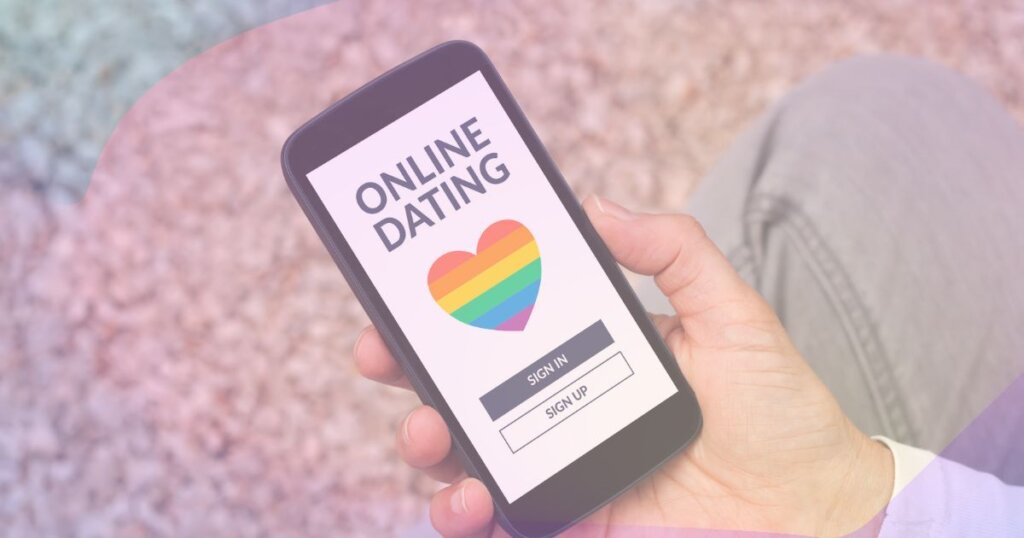
One of the most significant advantages of online dating is the sheer number of options available to users. The traditional dating model relies heavily on random encounters. This can lead to frustration and be frustrating. In contrast, online platforms allow individuals to sift through countless profiles and find matches based on their specific preferences and interests. The likelihood that users will find someone compatible increases when they can sort potential partners based on age, location and hobbies. This variety allows individuals to explore diverse connections that they might not encounter in their daily lives, expanding their social networks in ways that were previously unimaginable.
While the convenience of online dating is appealing, it also comes with inherent challenges. The anonymity provided by the internet can lead to misrepresentation, as some users may not present their true selves in their profiles. This can range from using outdated photos to providing misleading information about interests, age, or relationship intentions. The result is that individuals can feel disappointed when they meet someone. Trust and authenticity are crucial components of any successful relationship, and the online dating landscape often complicates this by creating an environment where honesty can be overshadowed by the desire to impress potential matches.
Online dating does not come without challenges. One of the most significant issues is the prevalence of misrepresentation. Individuals may present themselves in a way that differs from reality, whether through carefully curated photos or exaggerated profiles. This phenomenon, often referred to as "catfishing," can lead to disappointment and distrust when users eventually meet in person. Users must be vigilant and show discernment when it comes to online dating. To foster real connections, it is important to be open and to verify all information. Communication skills are crucial as users try to navigate online dating's complexities. To generate more details please read this knockout post

Safety is another critical consideration in the online dating landscape. Although many platforms implement security measures to protect users, the responsibility for personal safety ultimately falls on the individual. This includes being cautious about sharing personal information and arranging initial meetings in public, well-lit locations. By setting clear boundaries, and spending time getting to know the person through conversation, you can reduce potential risks. Many online dating sites offer tips and resources for safe dating and emphasize the importance of proactive and informed measures. As individuals become more familiar with the digital dating environment, it is crucial to prioritize personal safety and well-being throughout the process.
The impact of online dating on modern relationships is profound, influencing how people approach dating, courtship, and commitment. For many, online dating catalyzes personal growth and self-discovery, providing an opportunity to explore different types of relationships and meet a diverse range of individuals. As users navigate through various connections, they often learn more about their own preferences and desires. However, the fast-paced nature of online dating can sometimes lead to a superficial approach to relationships, with individuals focusing on quick matches rather than developing meaningful connections. Users need to remain mindful of their goals and intentions, ensuring that they engage with the dating process in a way that aligns with their values.